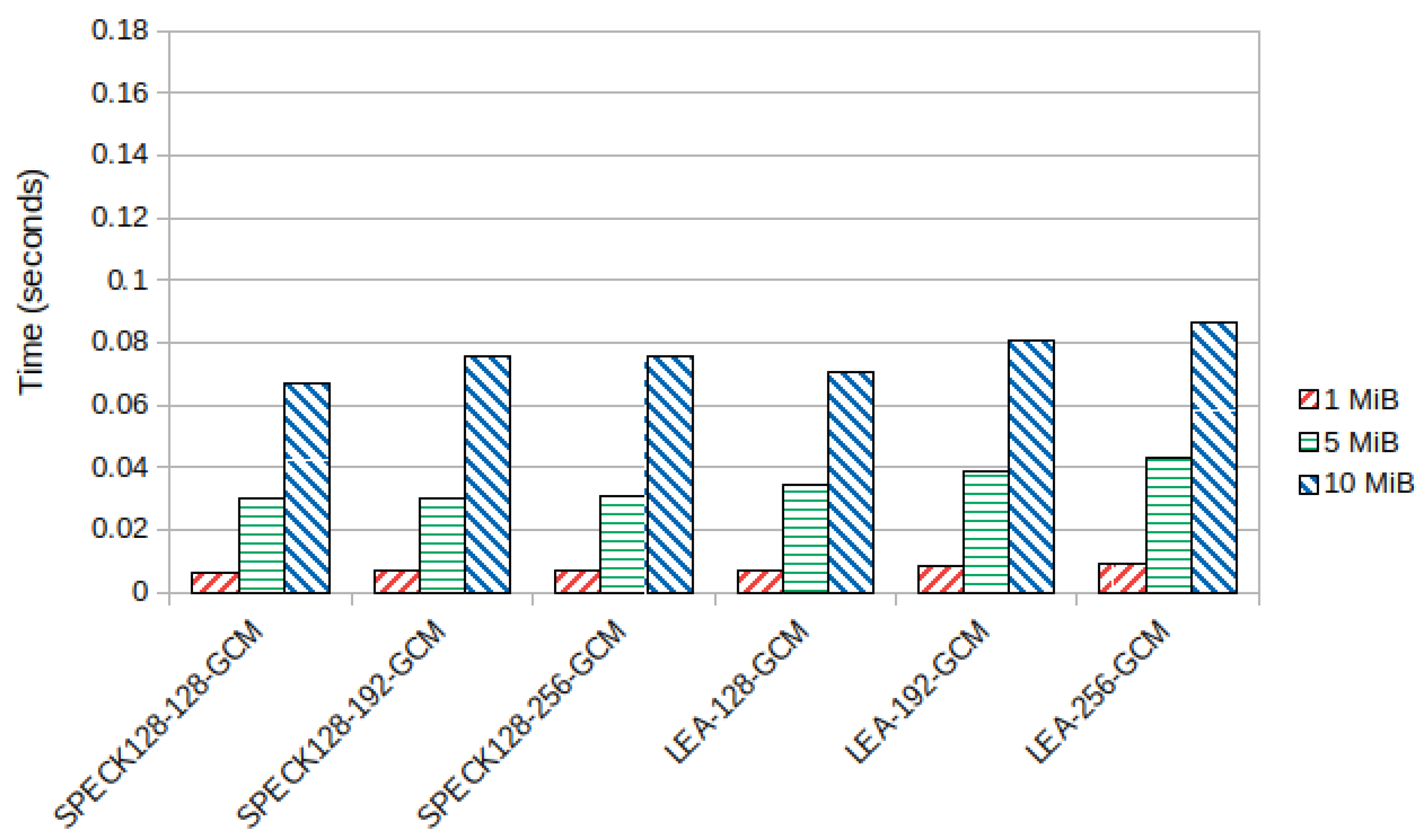
Openssl Generate Aes 256 Key Size

There are multiple ways of generating an encryption key. Most implementations rely on a random object. All examples mentioned here use a secure cryptographic randomizer.
PowerShell
OpenSSL is well known for its ability to generate certificates but it can also be used to generate random data. Generates 32 random bytes (256bits) in a base64 encoded output: openssl rand -base64 32 Plaintext. Generates 32 random characters (256bits): openssl rand 32. I'm not aware of one. If you're going to integrate a crypto library into your project, then you can use OpenSSL for AES-GCM. Note that the cipher you're choosing here is only being used to encrypt the private key (and I see no particularly compelling reason for a private key to be encrypted using AES-GCM).
Base64
Hex
C#
Openssl Generate Aes 256 Keys
The code snippets below can be run from LINQPad or by copying the following code into a new project and referencing System.Security.
Base64


Hex
OpenSSL
OpenSSL is well known for its ability to generate certificates but it can also be used to generate random data.
Base64
Openssl Generate Random Aes 256 Key
Generates 32 random bytes (256bits) in a base64 encoded output:
Plaintext
Generates 32 random characters (256bits):

Openssl Generate Aes 256 Key
Related Articles
Openssl Generate Aes 256 Key Base64
- Message Property Encryption
Encrypt message fragments using property encryption. - Security
Security features for messages, transports, and persisters.